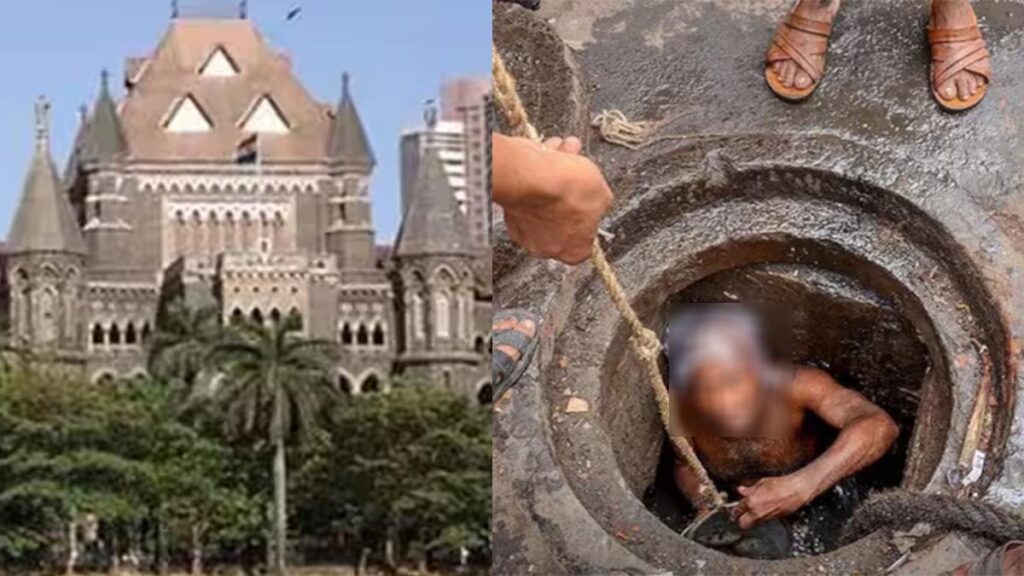Priyanshu
In a significant move towards eradicating the inhumane practice of manual scavenging, the Bombay High Court has directed the Maharashtra government to establish dedicated social media handles for reporting instances of manual scavenging across the state. This directive comes as part of a broader effort to ensure the effective implementation of the Prohibition of Employment as Manual Scavengers and their Rehabilitation Act, 2013.
The Bombay High Court’s order stems from the ongoing failure to curb manual scavenging, despite its prohibition under the 2013 Act. The court acknowledged the persistent violations and the lack of stringent measures to eliminate this practice, which continues to claim lives and perpetuate social inequalities. The court emphasized that the establishment of social media handles could serve as a vital tool in enhancing transparency, accountability, and prompt reporting of such cases.
The court’s order also highlighted the need for public awareness and participation in reporting these violations. By utilizing social media platforms, the government can ensure that citizens have a direct and accessible means to report instances of manual scavenging, thereby expediting government intervention. This move is expected to bridge the gap between the victims of manual scavenging and the authorities responsible for their protection.
The Maharashtra government has been instructed to create and promote these social media handles widely, ensuring they are accessible to the general public, particularly those in vulnerable and marginalized communities. The court’s order also calls for a robust mechanism to monitor and address complaints received through these channels swiftly.
This directive is a progressive step in the legal battle against manual scavenging. It reinforces the need for a proactive approach from the government and the judiciary to uphold the dignity and rights of those forced into this degrading practice. The order not only aims to enforce the law but also to bring about a cultural shift in how manual scavenging is perceived and addressed in society.
Legal professionals and human rights activists have lauded this decision, noting that it could set a precedent for other states to follow. The use of social media as a tool for legal enforcement and social justice represents an innovative approach to tackling long-standing issues of manual scavenging, which has been resistant to traditional methods of eradication.
The Bombay High Court’s directive marks a crucial development in the fight against manual scavenging, underlining the role of the judiciary in safeguarding human rights and ensuring the implementation of laws designed to protect the most vulnerable. As Maharashtra moves forward with the court’s orders, it is expected that this initiative will significantly contribute to the eradication of manual scavenging in the state, setting a benchmark for the rest of the country.
Case Title – Shramik Janata Sangh v State of Maharashtra
Case Number – Civil WP NO. 1570 OF 2023
Bench – Justices Nitin Jamdar and MM Sathaye

